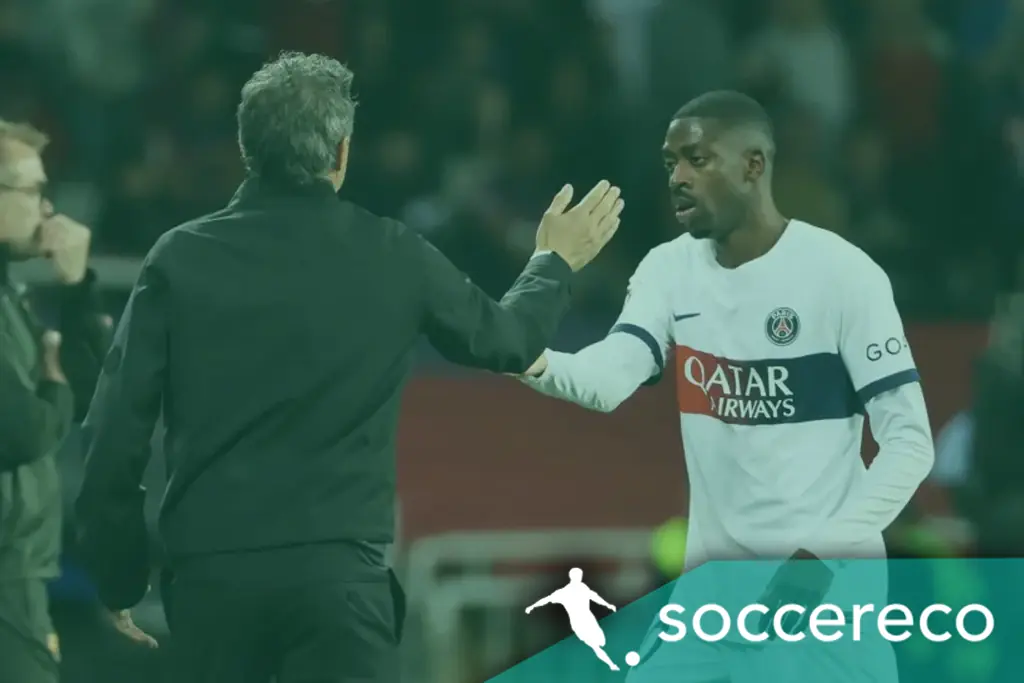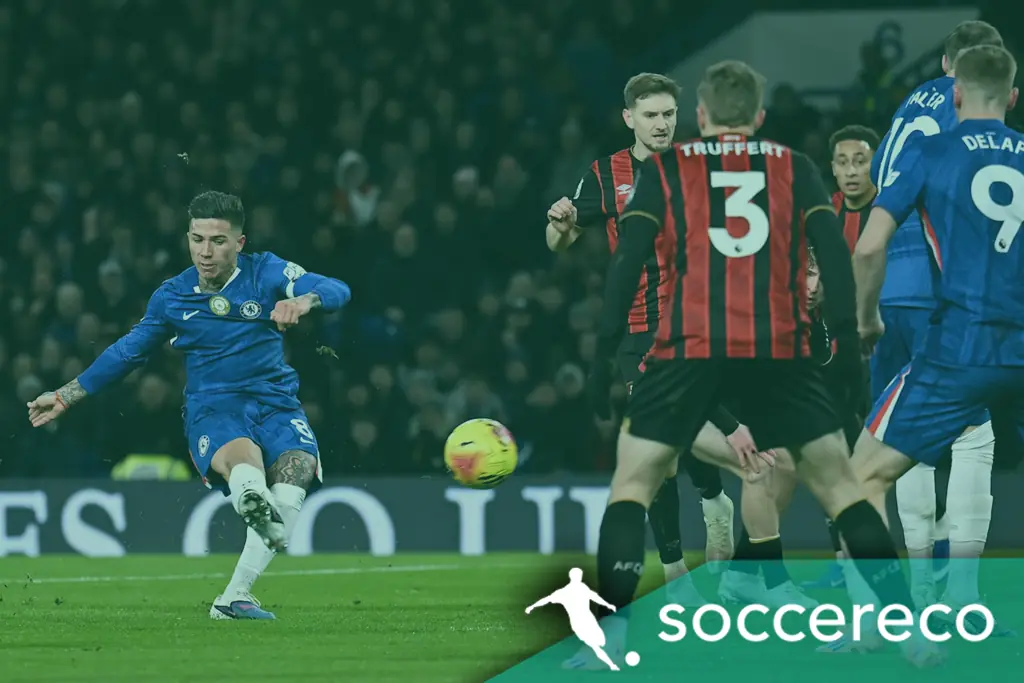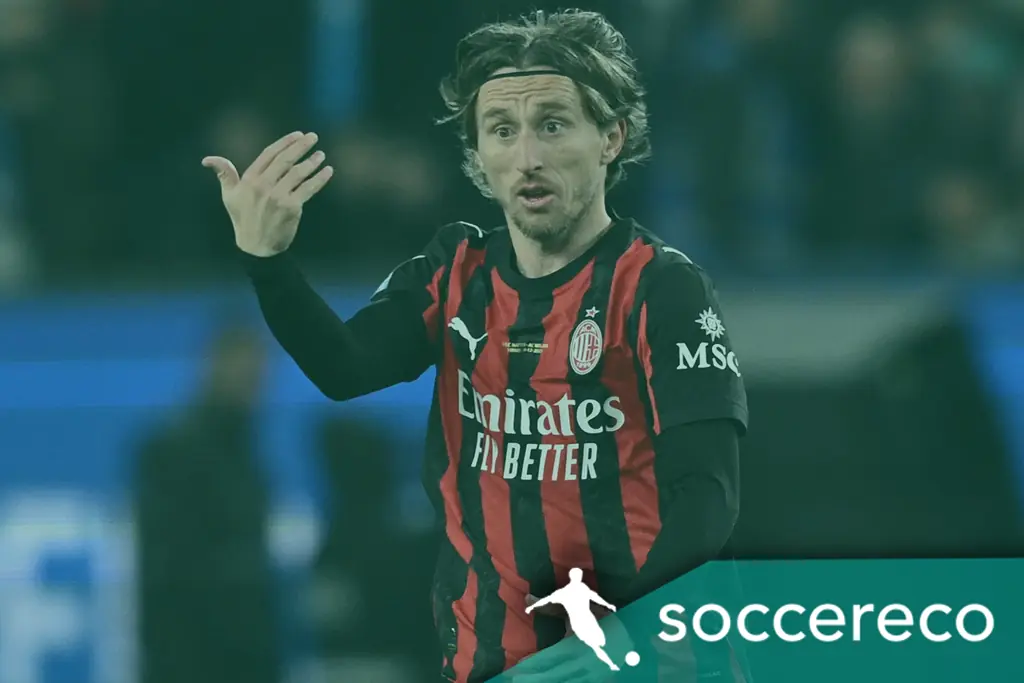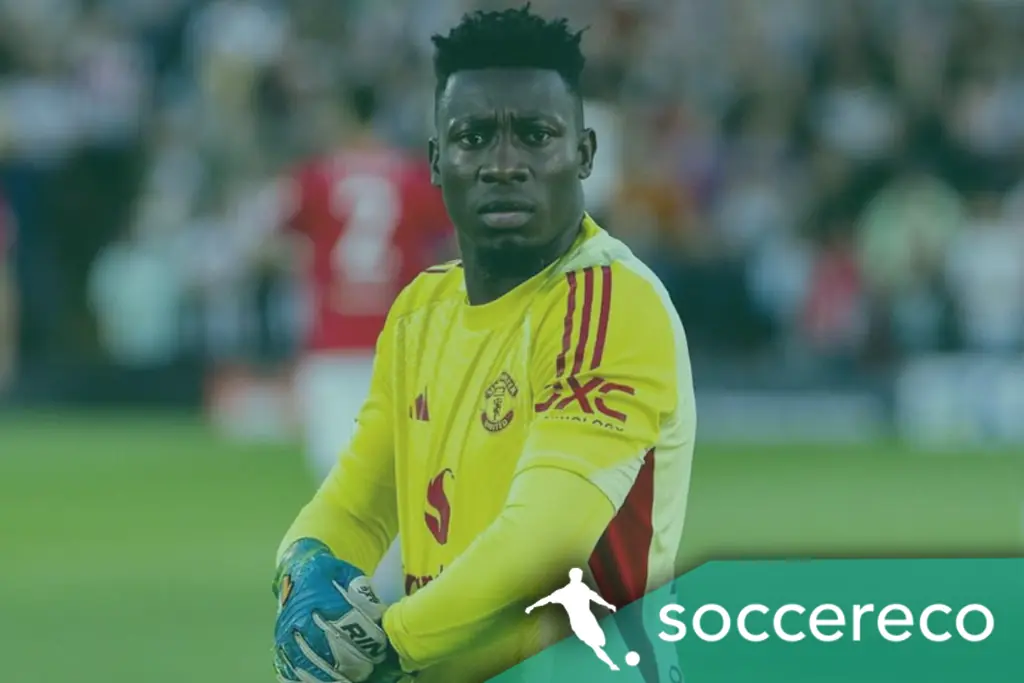The judge's view that the insults could be a criminal offense suggests they are severe, potentially constituting hate speech. This perspective indicates a serious legal approach to addressing what might be more than just offensive language, possibly leading to legal consequences for the perpetrators.

The judge of Investigation Court No. 4 in Pamplona has made a significant legal determination regarding the racist insults directed at Real Madrid player Vinicius Junior during a match at El Sadar stadium on February 18, 2023.
While the judge believes that these insults 'could constitute a crime,' the case has been closed due to the inability to identify the individuals responsible for the offensive behavior.
This ruling, which is subject to appeal, marks an important development in addressing racism and hate speech in sports. It acknowledges that the racist insults Vinicius Junior endured during the match were serious enough to potentially violate criminal law. Such a stance reflects the growing commitment to combatting discrimination and hate speech, particularly in the context of professional sports where incidents of this nature have far-reaching implications.
The case originated from a complaint filed by the Professional Football League, indicating a concerted effort within the football community to address and combat such issues. The incident occurred during a match between Osasuna and Real Madrid, raising concerns about the prevalence of racism in sports.
However, despite recognizing the potential criminal nature of the insults, the case faces a significant challenge—the inability to identify the perpetrators. This highlights the difficulties often encountered in addressing hate speech and discrimination, especially when individuals hide behind anonymity or are difficult to trace.
The judge's decision to provisionally dismiss the proceedings and ultimately close the case underscores the limitations of the legal system when it comes to prosecuting hate speech without concrete evidence of the culprits. In accordance with legal provisions, the judge has taken this action, citing Article 641.2ª of the Criminal Procedure Law, which allows for provisional dismissal in the absence of sufficient evidence to proceed with the case. Article 634 of the same legal text mandates the closure of proceedings when there are no pending investigative actions.
While this outcome may be frustrating for those seeking justice and accountability, it highlights the need for continued efforts to combat racism and hate speech in sports and society at large. It emphasizes the importance of identifying and holding individuals accountable for their actions and words, and the challenges that arise when doing so is not straightforward.
Overall, this case serves as a reminder of the complexities surrounding the legal response to hate speech, the importance of strong investigative efforts, and the ongoing commitment required to address discrimination in sports and society.









